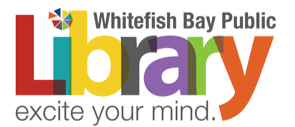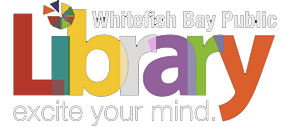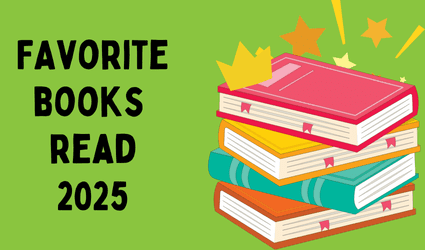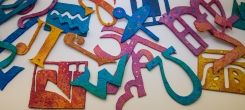Blog
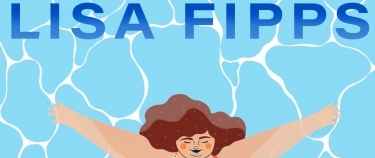 Books As Therapy
Books As Therapy
by Laura Reilly
on August 12, 2021
Tags:
kids ()
,
adults ()
,
nonfiction ()
,
parenting ()
,
educational ()
,
self-help ()
Can fiction books really help you feel better? Using books as therapy has actually been around since the ancient Greeks, it was used after World War l and World War ll to help returning soldiers deal with post-traumatic stress disorder, and is currently used in educational settings as therapy for school-aged children. While non-fiction, self-help books are commonly sought after by individuals looking for help dealing with a specific issue, fiction books are quickly becoming a source of therapy for these same concerns. Bibliotherapy, more commonly known as Book Therapy, is a form of therapy that promotes the reading of books to improve mental health. Book therapy helps individuals increase their self-awareness and self-esteem while also helping to deal with mild forms of depression, anxiety, addiction, and bullying. Book therapy uses fiction books to help the reader relate to other people with similar conditions by reading about how those characters overcame their struggles. Bibliotherapy can be used in conjunction with regular individual therapy to increase positive results or used in a group setting, like a book club, where members can discuss the book on an informal basis.
 There are so many books available that deal with a variety of mental health issues that by reading books one can get a better sense of how to handle these challenges. Some adult fiction reads to try for book therapy are My Name is Lucy Barton by Elizabeth Stout, a story about a woman dealing with her dysfunctional childhood and mother, Dept. of Speculation by Jenny Offill which deals with the ups and downs of marriage, and The Alchemist by Paulo Coelho on discovering your purpose in life. Check out the Tolstoy Therapy link below for titles on specific issues in both fiction and non-fiction genres.
There are so many books available that deal with a variety of mental health issues that by reading books one can get a better sense of how to handle these challenges. Some adult fiction reads to try for book therapy are My Name is Lucy Barton by Elizabeth Stout, a story about a woman dealing with her dysfunctional childhood and mother, Dept. of Speculation by Jenny Offill which deals with the ups and downs of marriage, and The Alchemist by Paulo Coelho on discovering your purpose in life. Check out the Tolstoy Therapy link below for titles on specific issues in both fiction and non-fiction genres.
 Book therapy also works for kids. When kids are experiencing anxiety, depression, or bullying picking up a book with characters facing those situations can help a child become more confident in how they deal with these problems. Some books to consider are Starfish by Lisa Fipps which deals with the bullying of an overweight girl, Fish in a Tree by Lynda Mullaly Hunt deals with a child who has dyslexia, The Science of Breakable Things by Tae Keller tells how a family deals with depression. Check out the Read Brightly link below for more suggestions on book therapy for kids.
Book therapy also works for kids. When kids are experiencing anxiety, depression, or bullying picking up a book with characters facing those situations can help a child become more confident in how they deal with these problems. Some books to consider are Starfish by Lisa Fipps which deals with the bullying of an overweight girl, Fish in a Tree by Lynda Mullaly Hunt deals with a child who has dyslexia, The Science of Breakable Things by Tae Keller tells how a family deals with depression. Check out the Read Brightly link below for more suggestions on book therapy for kids.
Try these websites for more great book therapy ideas:
https://www.tolstoytherapy.com/bibliotherapy-recommendations/
https://www.readbrightly.com/kid-approved-middle-grade-books-mental-health/
Back to blogs
